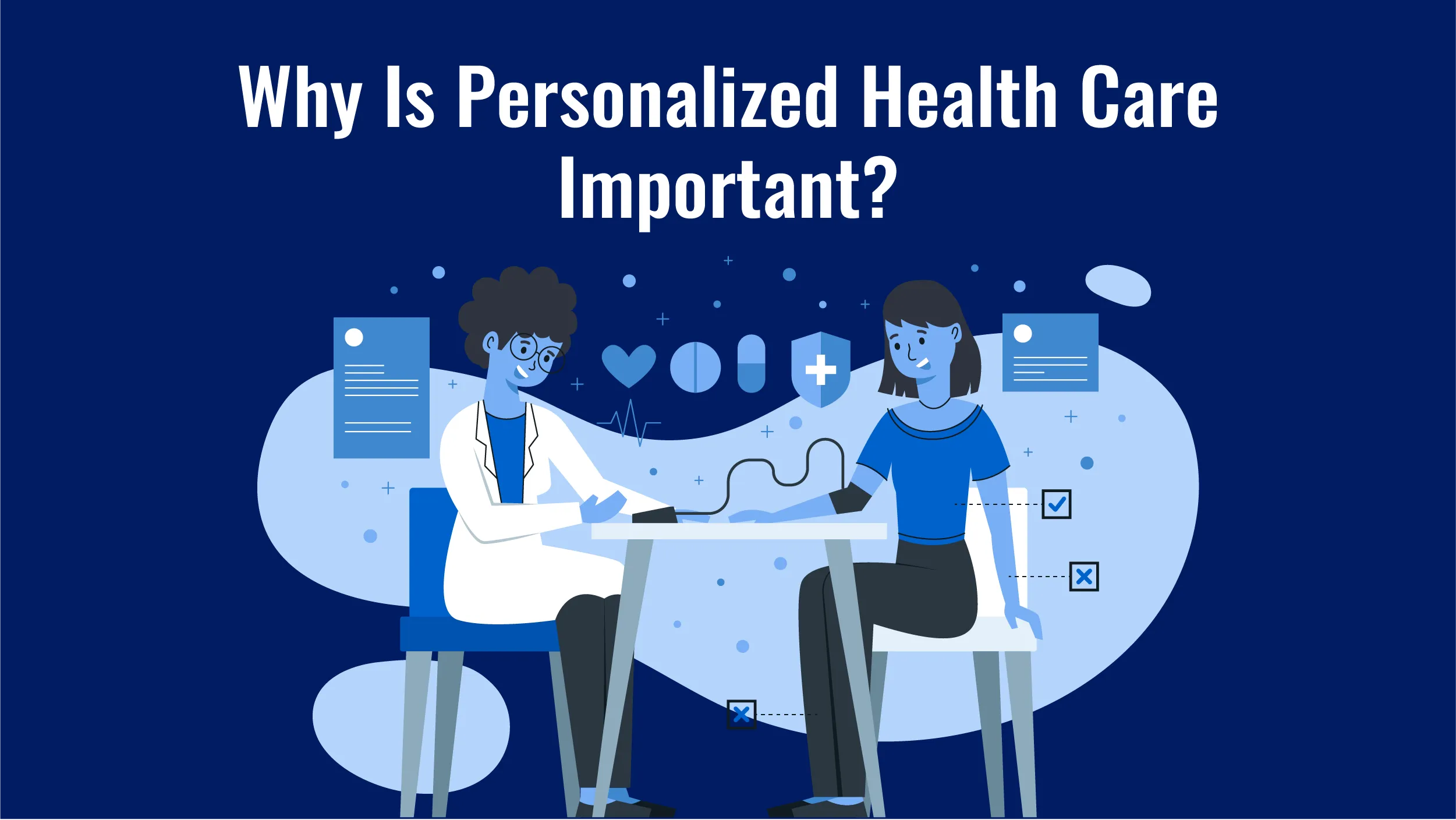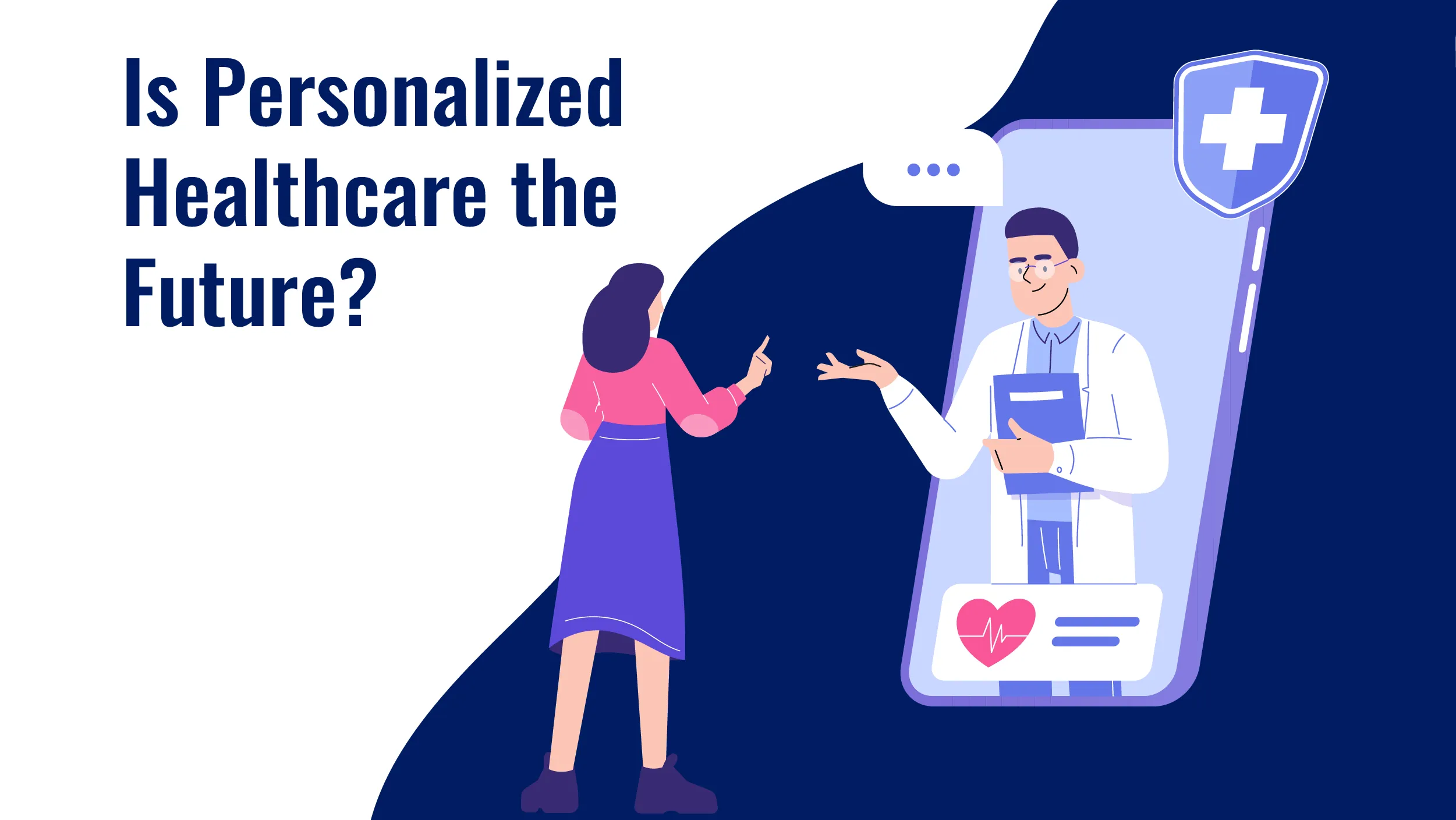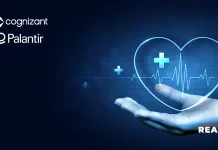In an era where technology and data are transforming every aspect of our lives, healthcare is no exception. Personalized healthcare, also known as precision medicine, represents a significant shift from traditional approaches by focusing on the unique attributes of each individual. By integrating advanced technologies with detailed personal data, this approach aims to revolutionize how we prevent, diagnose, and treat diseases.
Unlike conventional methods that often rely on a one-size-fits-all model, personalized healthcare leverages genetic information, lifestyle factors, and more. Statista states that by 2032, this market is estimated to accrue a valuation of $1104 billion. Let’s learn more about this billion-dollar industry.
What is Personalized Healthcare?
Personalized healthcare, also known as precision medicine or personalized medicine, is a method of medical care in which the unique characteristics of each patient, including their genetic makeup, medical history, and lifestyle, are taken into account when making decisions regarding disease prevention, diagnosis, and treatment.
Personalized medicine, which uses cutting-edge technology in healthcare and data analytics, enables healthcare professionals to provide more precise and successful treatments. To learn more about a person’s health status and create individualized treatment plans, large amounts of genetic and medical data must be collected and analyzed.
This strategy can reduce patient stress, limit side effects, increase confidence in treatment decisions, and improve treatment outcomes.
Why Is Personalized Health Care Important?

- Tailored Treatments: Personalized medicine allows healthcare providers to customize treatments and interventions based on an individual’s unique characteristics, leading to more precise and effective care with minimized side effects.
- Preventive Medicine: By identifying an individual’s specific risk factors and genetic predispositions, precision medicine enables targeted prevention strategies and early disease detection, potentially reducing chronic disease burdens.
- Patient Empowerment: Personalization involves patients in their own healthcare decisions, fostering engagement and empowerment, as they actively participate in developing personalized health plans.
- Cost Reduction: Precision medicine optimizes treatments based on individual needs, potentially reducing unnecessary healthcare expenses and improving cost-effectiveness.
- Improved Quality of Care: By leveraging genetics, data analysis, and technology, personalization offers tailored and effective healthcare solutions, enhancing the overall quality of care.
What are the Challenges of Personalized Care?
The shift toward personalized care in healthcare is a promising trend, but it comes with several challenges. As we embrace this paradigm shift, we must address these obstacles to maximize the benefits for patients and healthcare providers alike.
Data Management
Managing vast amounts of patient data poses significant challenges. As we collect more data, ensuring it is FAIR—findable, accessible, interoperable, and reusable—becomes increasingly difficult. This complexity can hinder the ability to use data processing effectively for patient care.
Data Noise
Another challenge is interpreting the vast and varied data accurately. When multiple data points, with differing sample sizes and methodologies, tell conflicting stories, it becomes crucial to have robust data interpretation mechanisms. Proper analysis is essential to derive meaningful insights that can guide patient care decisions.
Privacy Concerns
Privacy is a major concern in the realm of personalized care. Questions about data ownership—whether medical institutions are owners or custodians—are crucial. Additionally, the ethical use of patient data must be carefully considered to protect patient rights and maintain trust in the healthcare system.
Patient Expectations
As more data becomes accessible to patients through wearable devices and at-home testing kits, patients are increasingly able to self-diagnose. This empowerment comes with its own set of challenges, as patients may act on their findings without medical expertise. Another challenge patients often encounter is the fear that the test might not be covered by insurance (about 62% of respondents fear that).
Also Read: Cell Therapy: A Comprehensive Guide to Its Types and Benefits
Is Personalized Healthcare the Future?

Yes, personalized healthcare is poised to be a major part of the future of medicine. This approach, which tailors medical treatment and health management to the individual characteristics of each patient, promises several key benefits:
- Improved Accuracy and Effectiveness: Personalized healthcare utilizes genetic information, lifestyle data, and other individual-specific factors to create customized treatment plans. This can lead to more accurate diagnoses and more effective treatments, reducing the trial-and-error approach often seen in traditional medicine.
- Preventive Care and Early Detection: By analyzing individual risk factors, precision medicine can facilitate early detection of potential health issues and enable proactive preventive measures. This approach not only enhances individual health outcomes but can also reduce overall healthcare costs by addressing issues before they become more severe.
- Enhanced Patient Engagement: Personalized healthcare empowers patients by involving them more actively in their own health management. With tailored recommendations and treatments, patients are more likely to adhere to medical advice, leading to better health outcomes.
- Advancements in Technology and Data Analytics: The integration of advanced technologies such as genomics, artificial intelligence, and big data analytics is driving the growth of precision medicine. These technologies enable more precise and scalable approaches to tailoring healthcare interventions.
Concluding Thoughts
As personalized healthcare continues to evolve, it is clear that its impact extends beyond traditional medical boundaries. The integration of emerging technologies and novel data sources is setting the stage for even more sophisticated and adaptive healthcare solutions. Looking ahead, innovations such as real-time health monitoring and AI-driven predictive analytics will likely reshape how we approach disease management and prevention. This dynamic landscape promises not just a more tailored approach to medicine, but also a more connected and proactive healthcare ecosystem.




